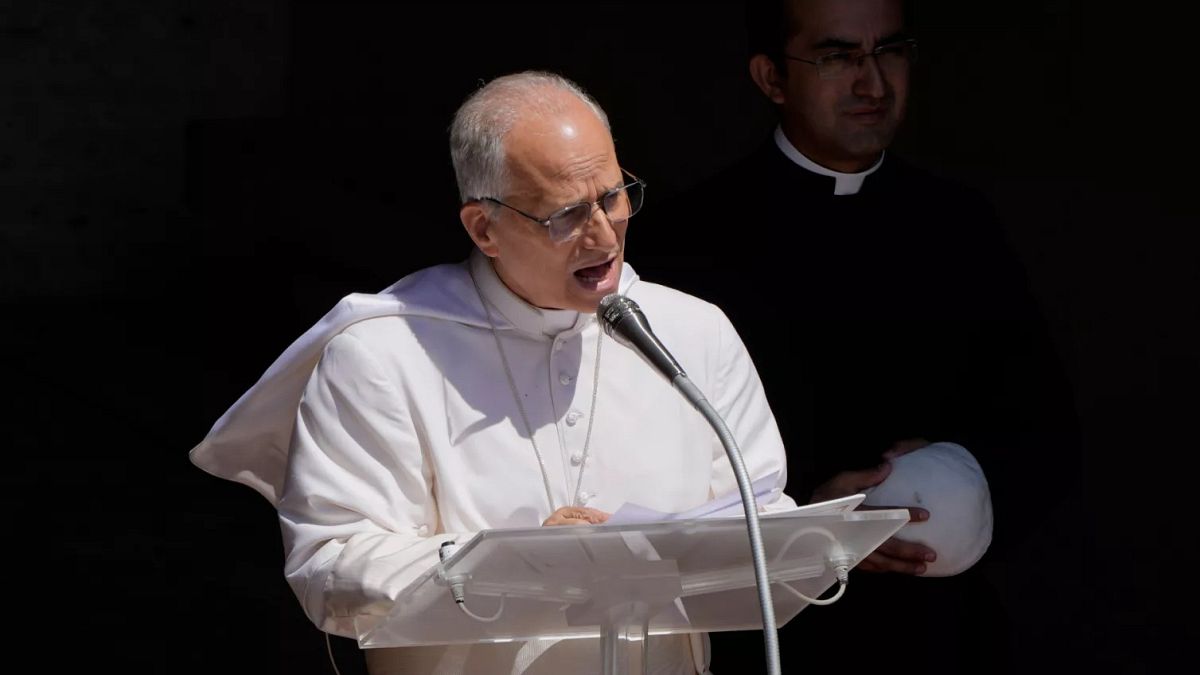

In a world yearning for calm, leaders and communities are making concerted efforts to address escalating conflicts with calls for peace and negotiation. Recently, Pope Leo XIV reiterated his call for an immediate ceasefire in Gaza, underscoring the importance of international law and the protection of civilians. His appeal comes at a crucial juncture as tensions mount in the region, impacting countless lives.
Israel has expanded its evacuation orders, indicating a shift in its strategy amid ongoing hostilities with Hamas. Despite these challenges, diplomatic efforts persist. Initiatives led by the United States and Qatar are striving to mediate a ceasefire, although disagreements regarding Israel’s military presence and the political status of Hamas pose significant hurdles.
Amidst these developments, a tragic incident unfolded when Israeli troops opened fire on Palestinians traveling to a food distribution site, resulting in the loss of 32 lives. This incident underscores the fragile nature of the ceasefire discussions, as humanitarian concerns remain at the forefront.
In another part of the world, Ukraine and Russia find themselves embroiled in an ongoing conflict that has brought about widespread devastation. Ukrainian President Volodymyr Zelenskyy has extended an invitation to Russia for a new round of peace talks, accusing Moscow of evading critical decisions. Zelenskyy’s offer highlights the persistent hope for a diplomatic resolution, even as the situation remains tense.
This call for peace comes against the backdrop of a massive drone attack launched by Russia on Ukrainian cities, including Odesa. Over 300 drones and 30 missiles targeted urban areas, further escalating violence in the region. Despite these aggressive actions, the international community continues to look towards negotiation as a means to restore stability and peace.
Contrastingly, a more hopeful development has emerged in Syria, where Israel and Syria have reached a ceasefire agreement. This development follows a week of intense conflict involving the Druze minority and other tribes in Syria’s southern Sweida region. The ceasefire aims to halt the violence that has claimed hundreds of lives, providing a momentary reprieve for communities affected by the devastation.
As various regions grapple with hostilities, the collective desire for peace remains a guiding force. Pope Leo XIV’s call for adherence to international law and the protection of civilians resonates across these contexts, emphasizing that dialogue and empathy are paramount during these turbulent times. The synergy of diplomatic endeavors, like those seen in Israel-Syria agreements and Ukraine’s outreach for peace talks, paint a picture of cautious optimism amidst the global challenges these conflicts present.
In conclusion, the global community stands at a crossroads where actions stemming from dialogue and mindful consideration can foster peace and restore stability in conflicted regions. It is through these collective efforts and unwavering hope that progress is made, individual lives are protected, and the seeds of peace begin to take root in volatile environments. The path ahead, steered by mindful dialogue and collaboration, holds the promise of a more harmonious future for all.
Source: {link}
